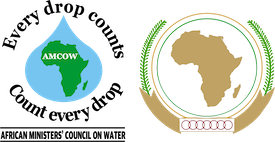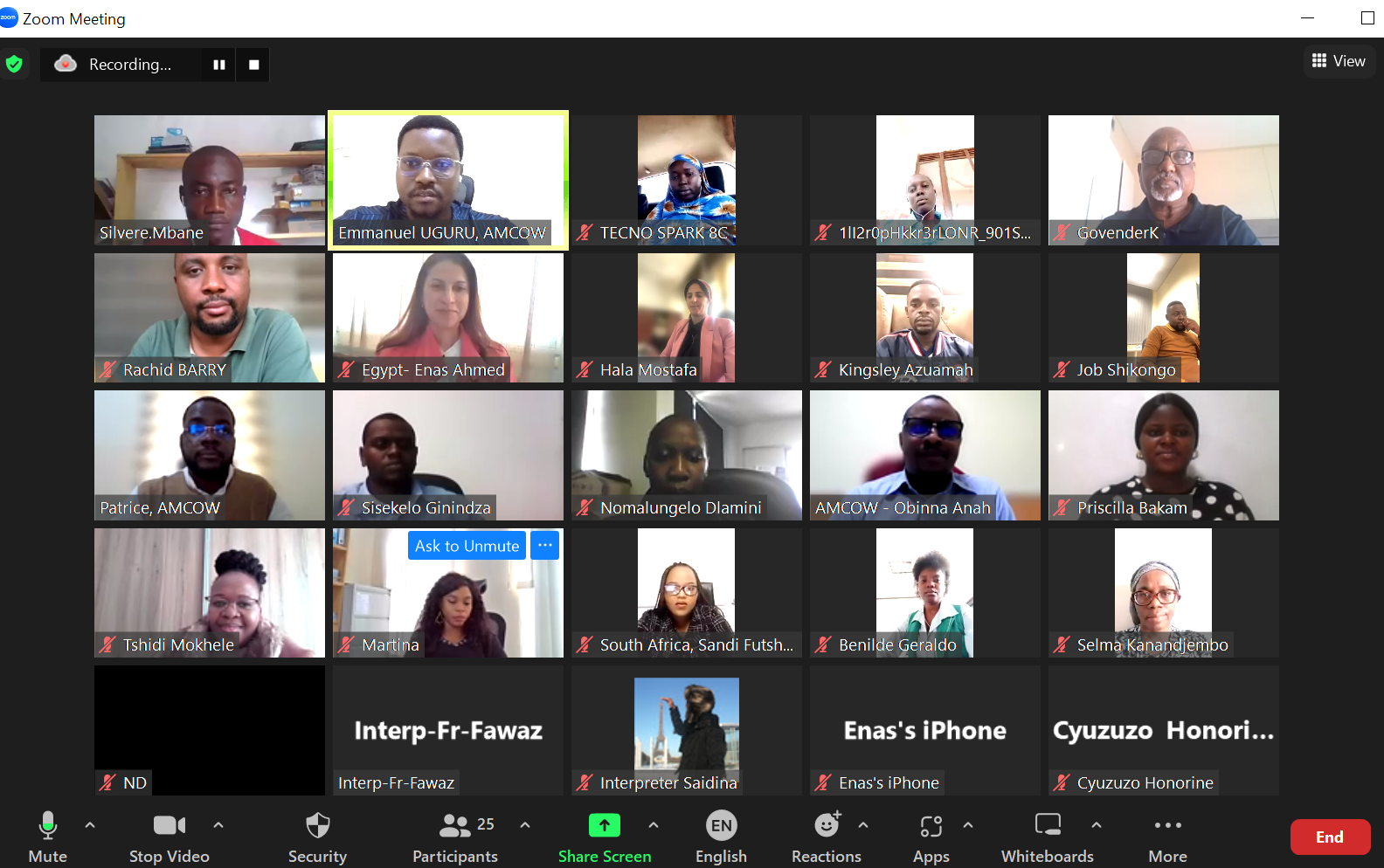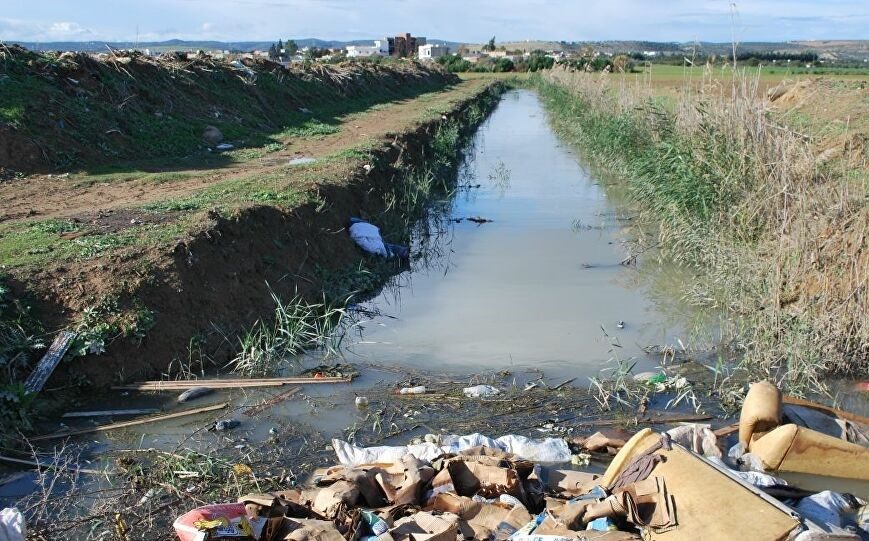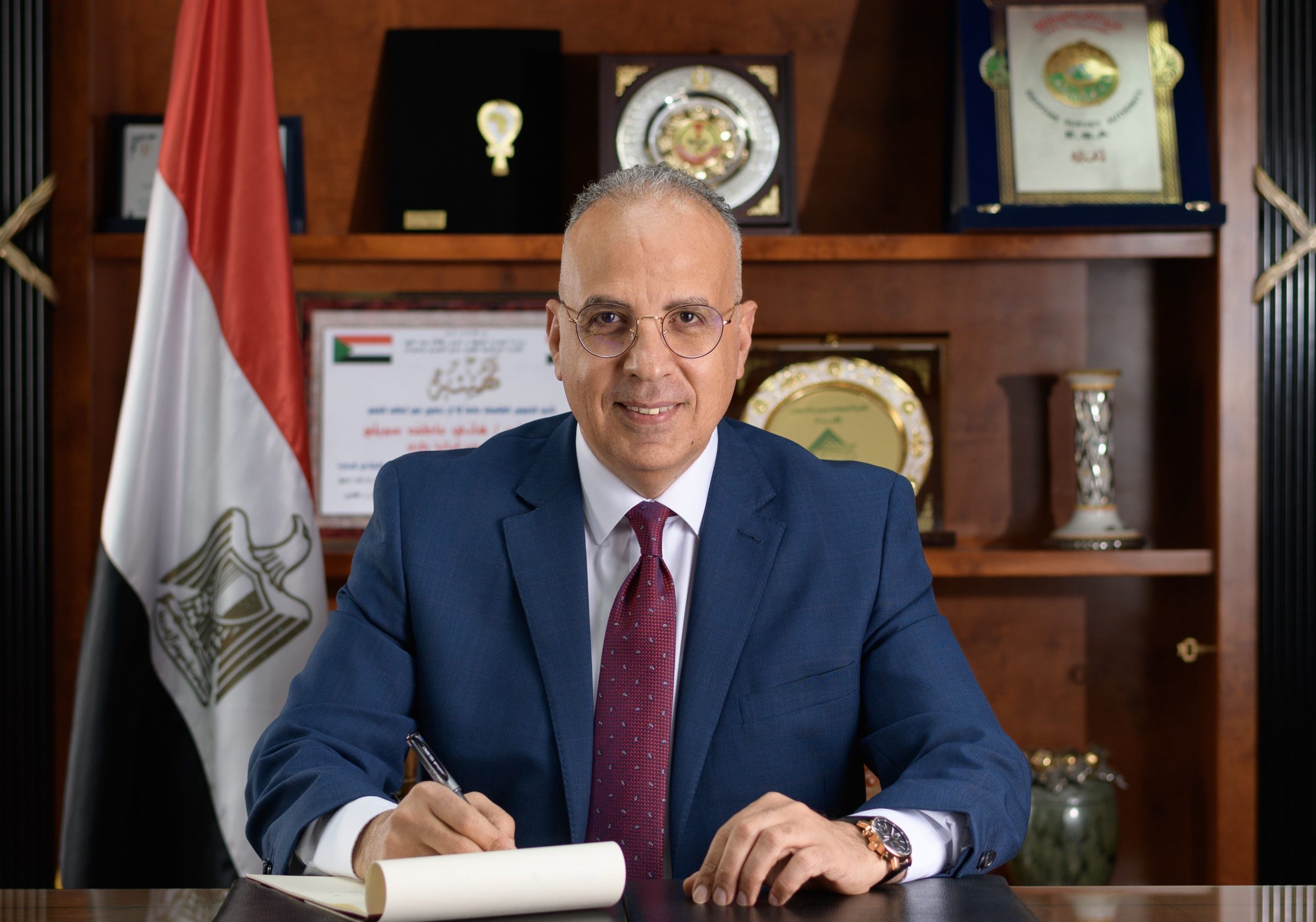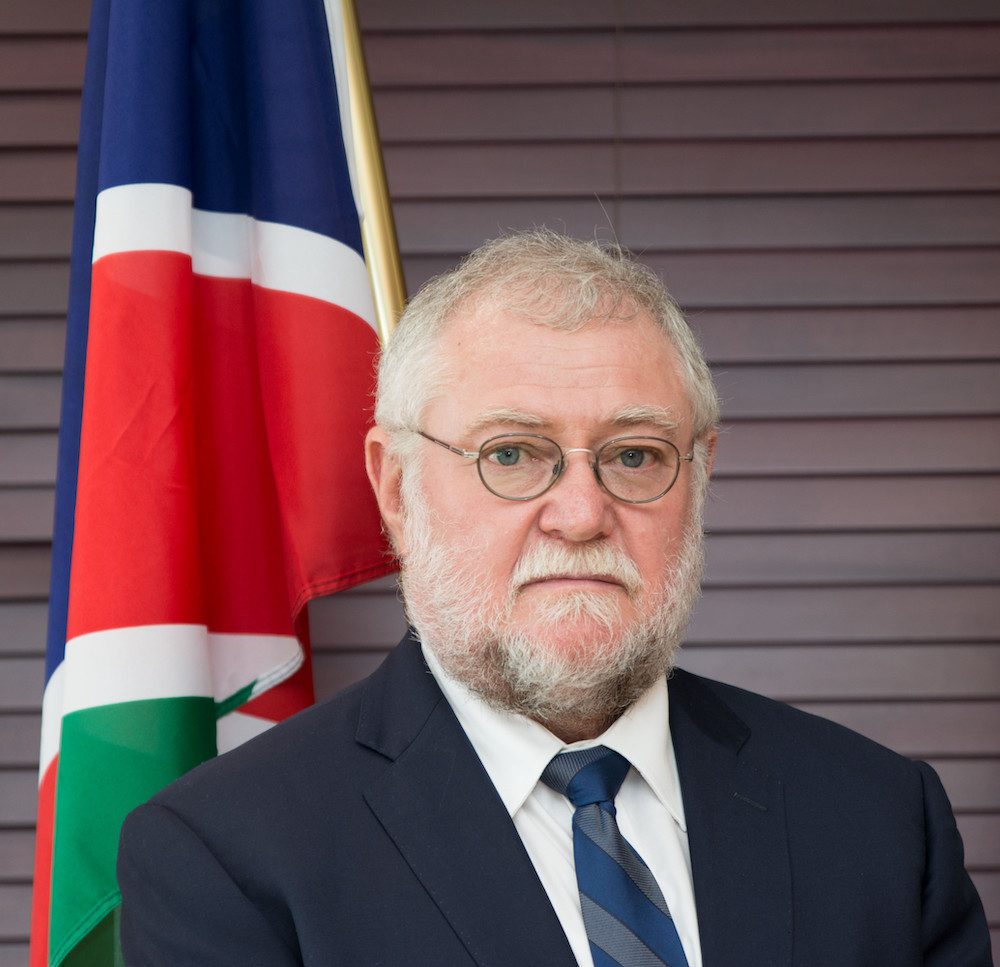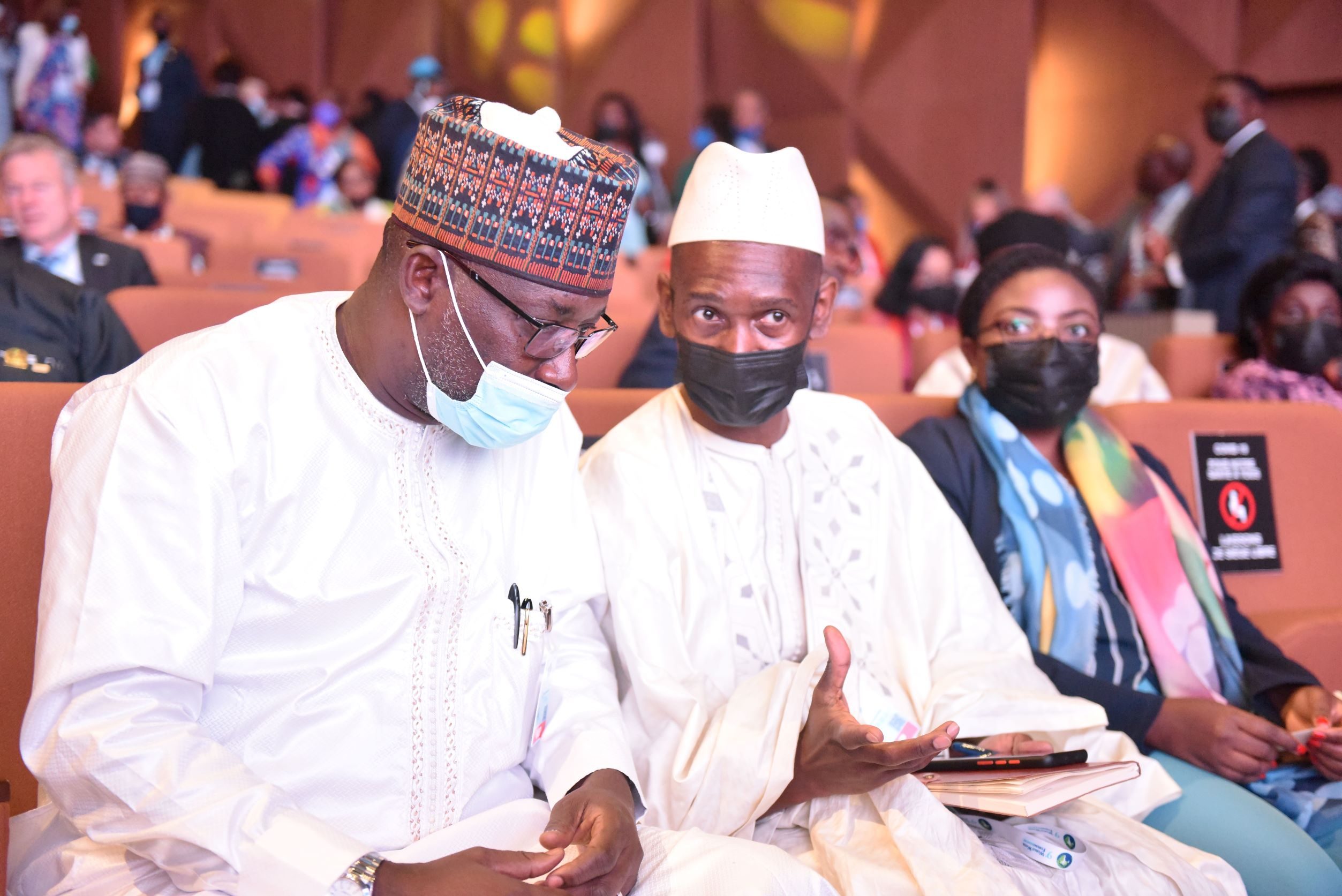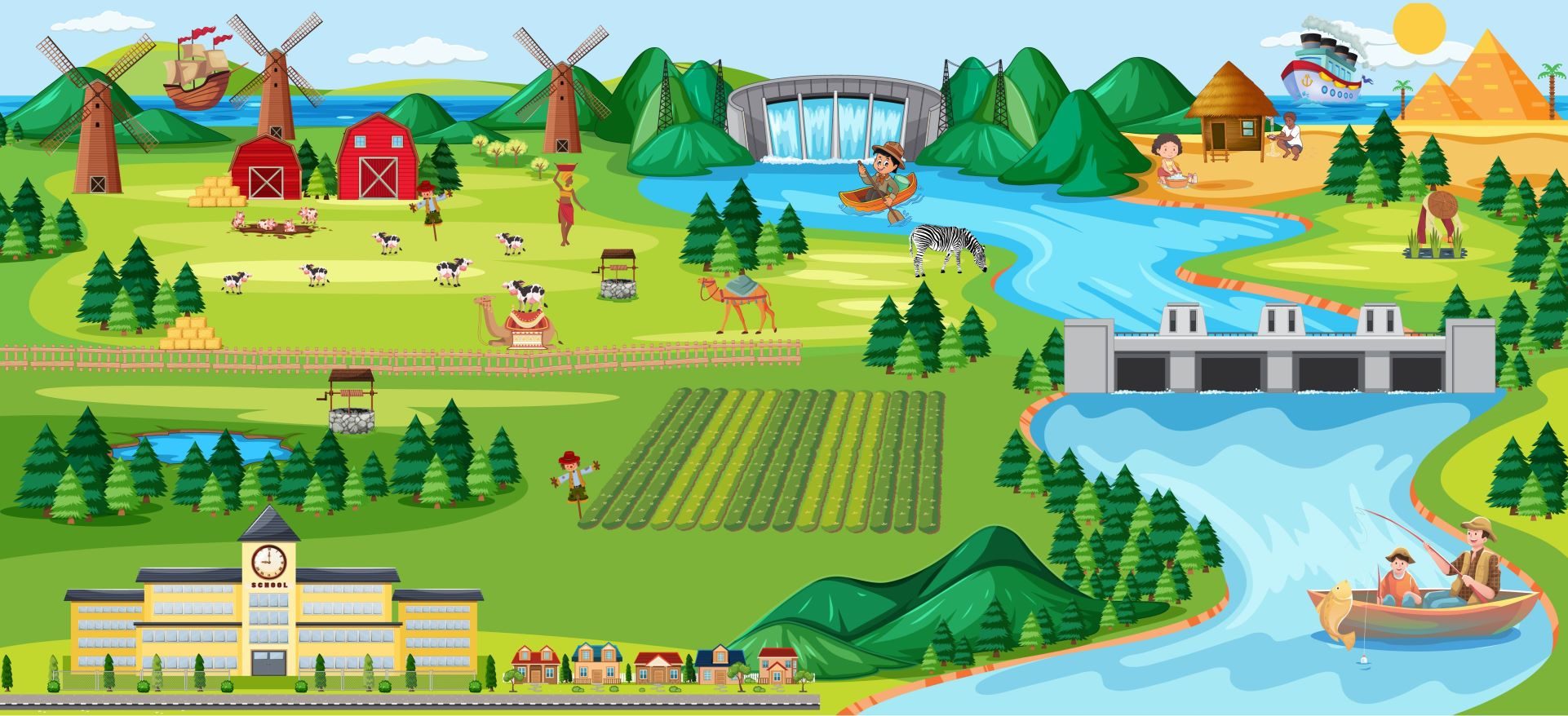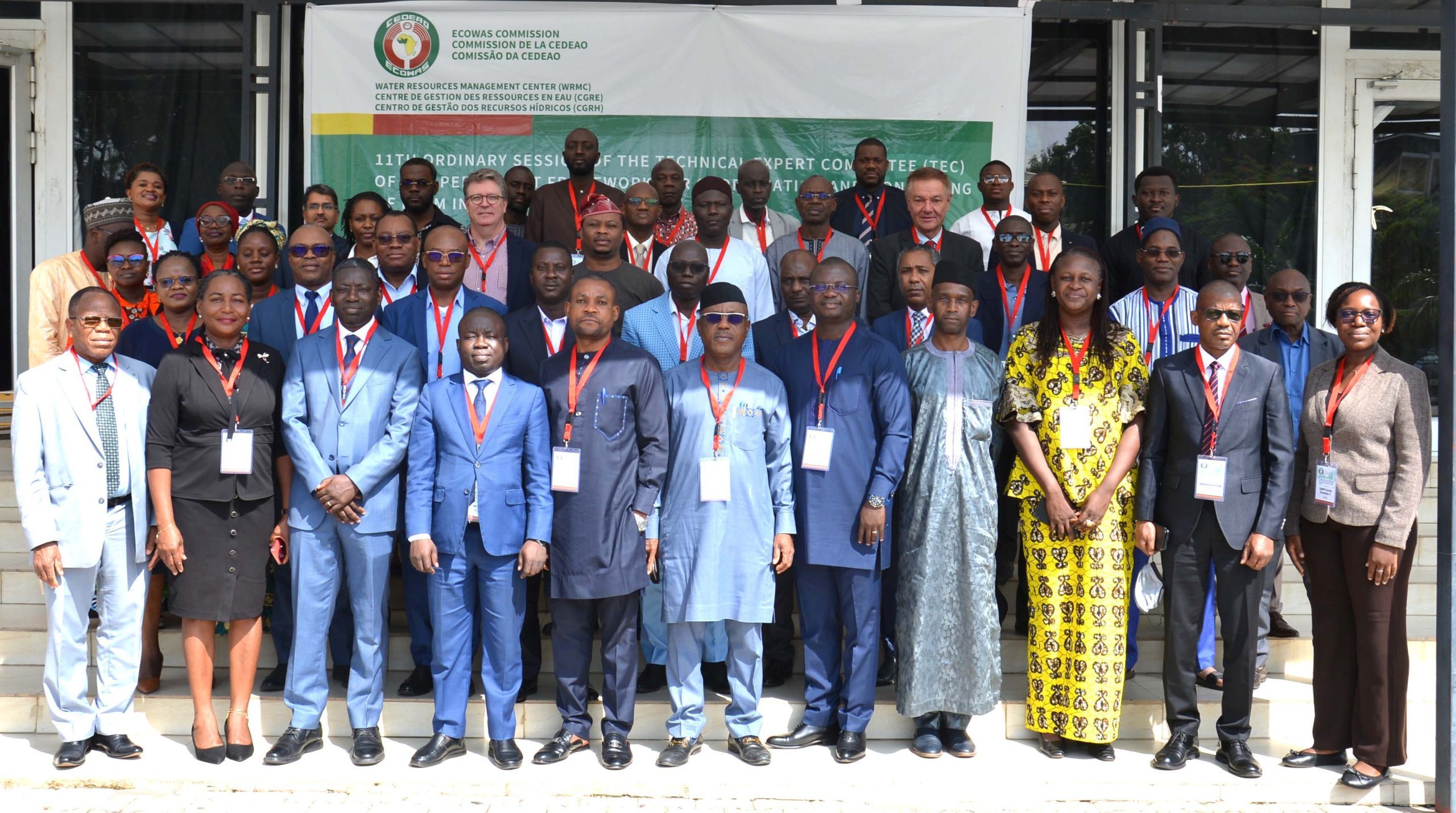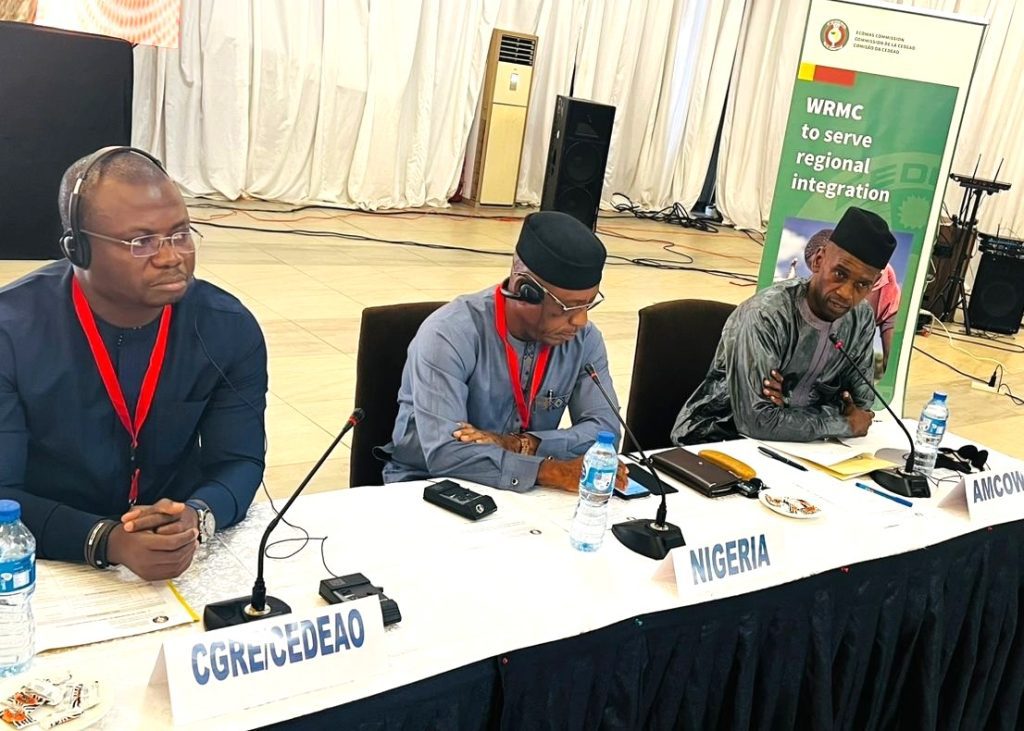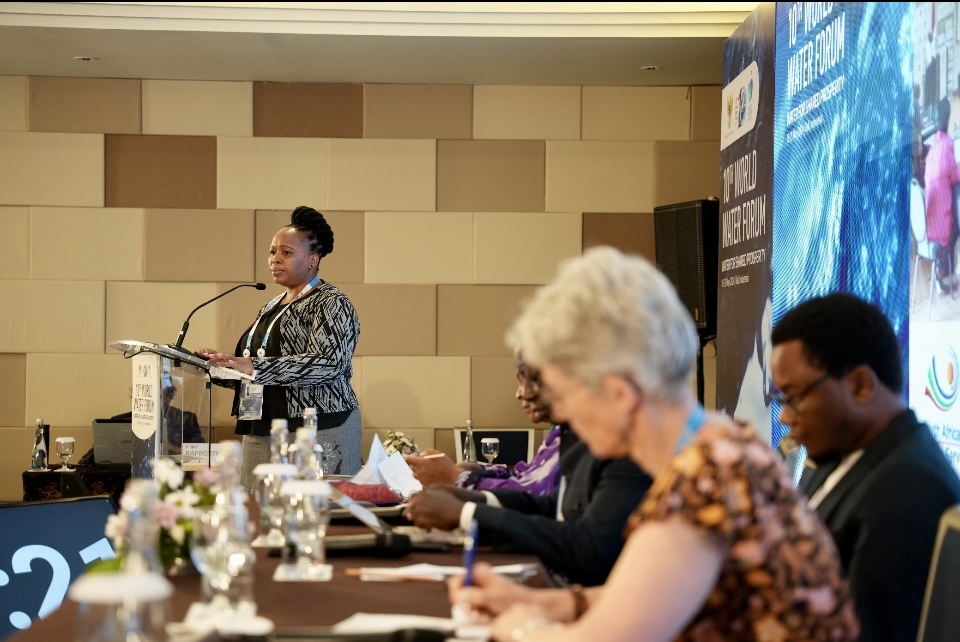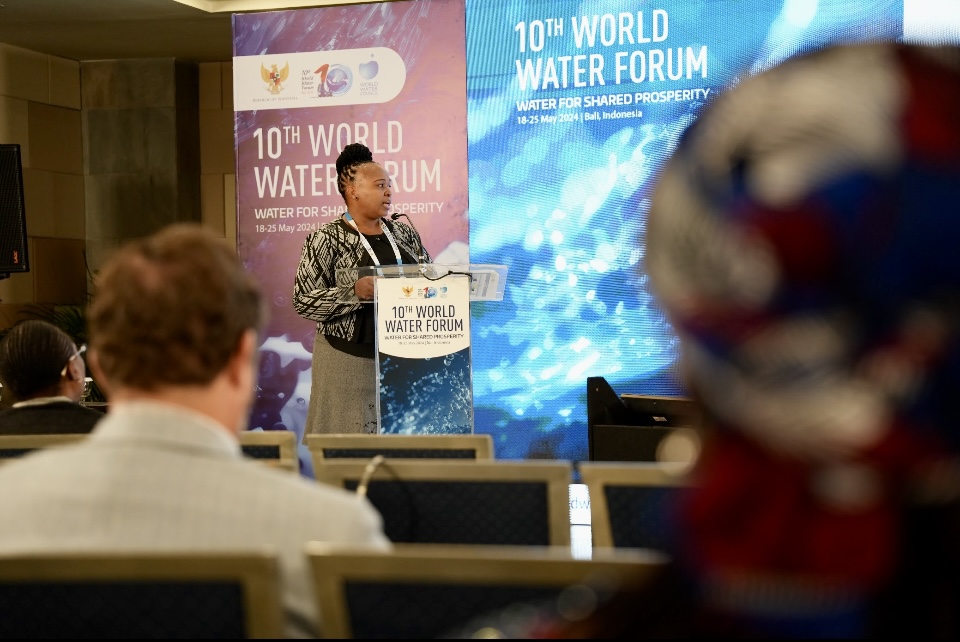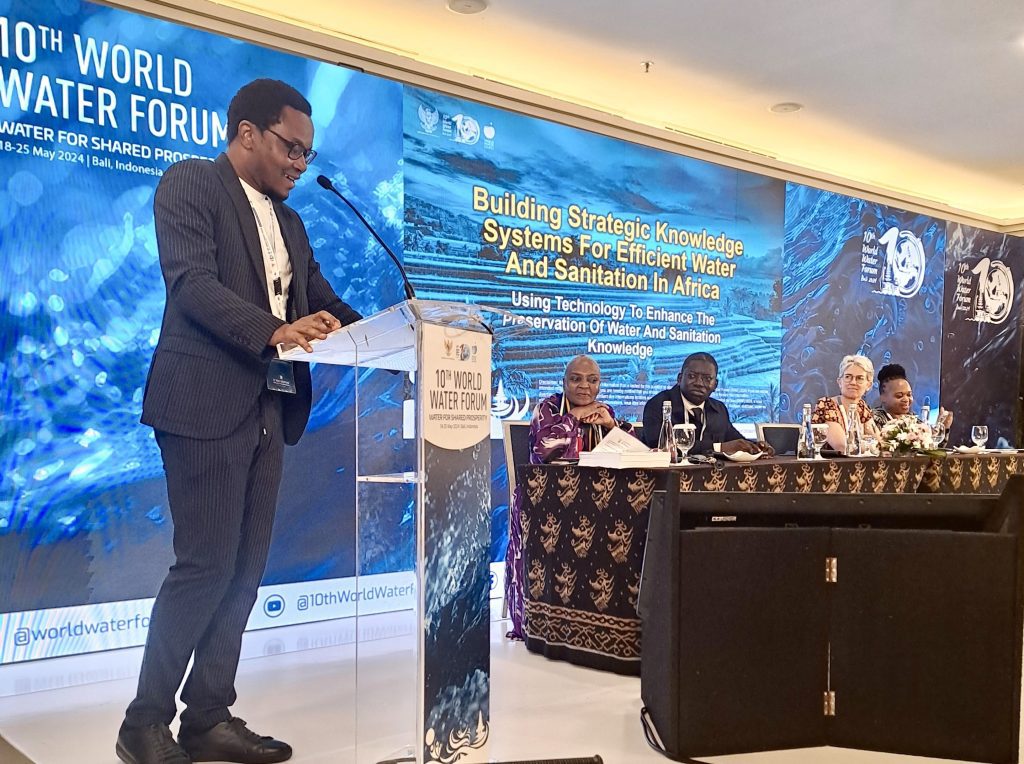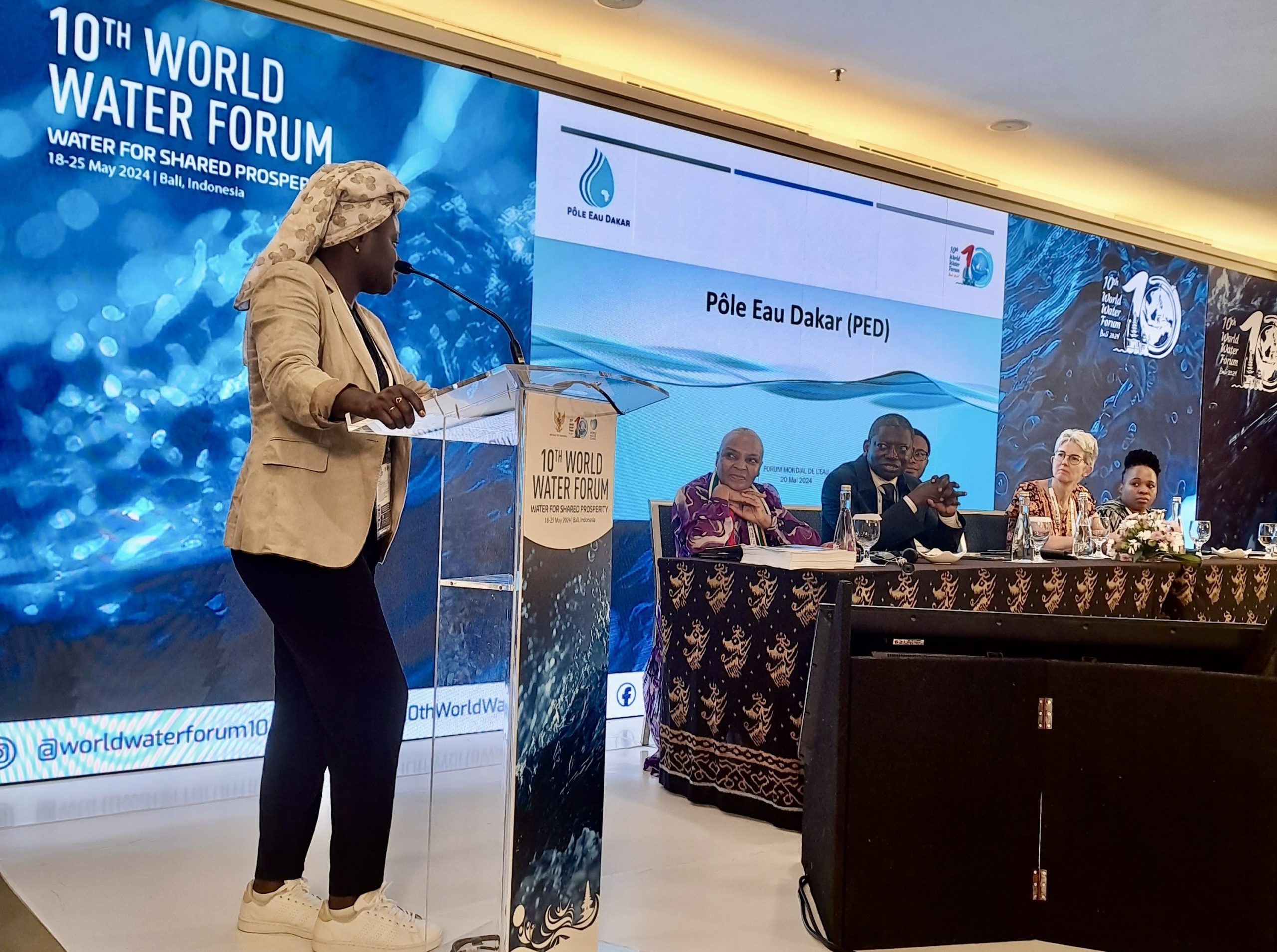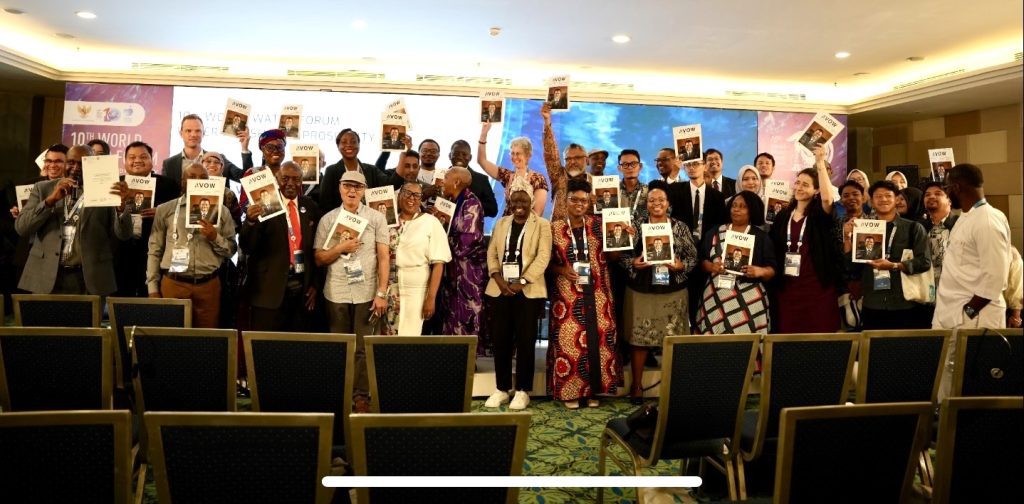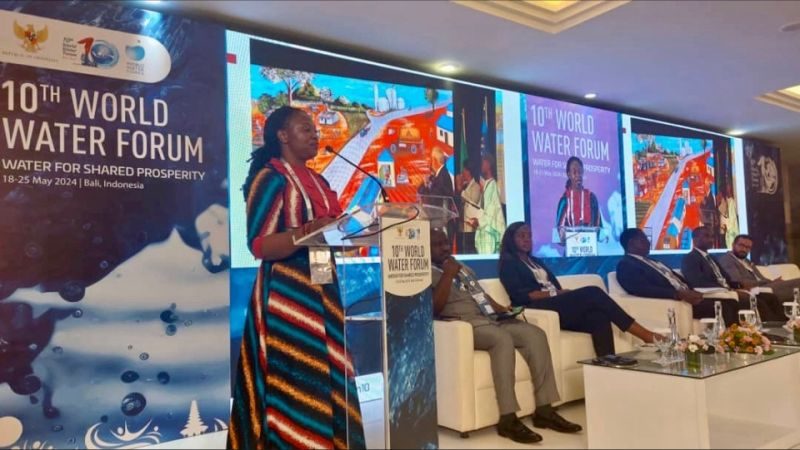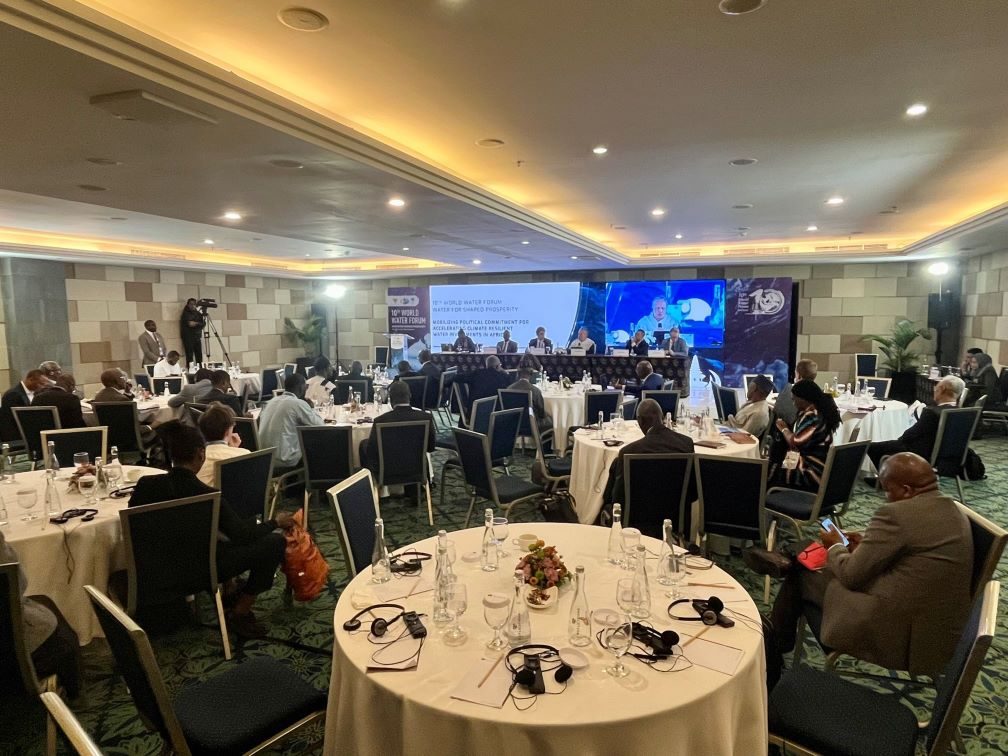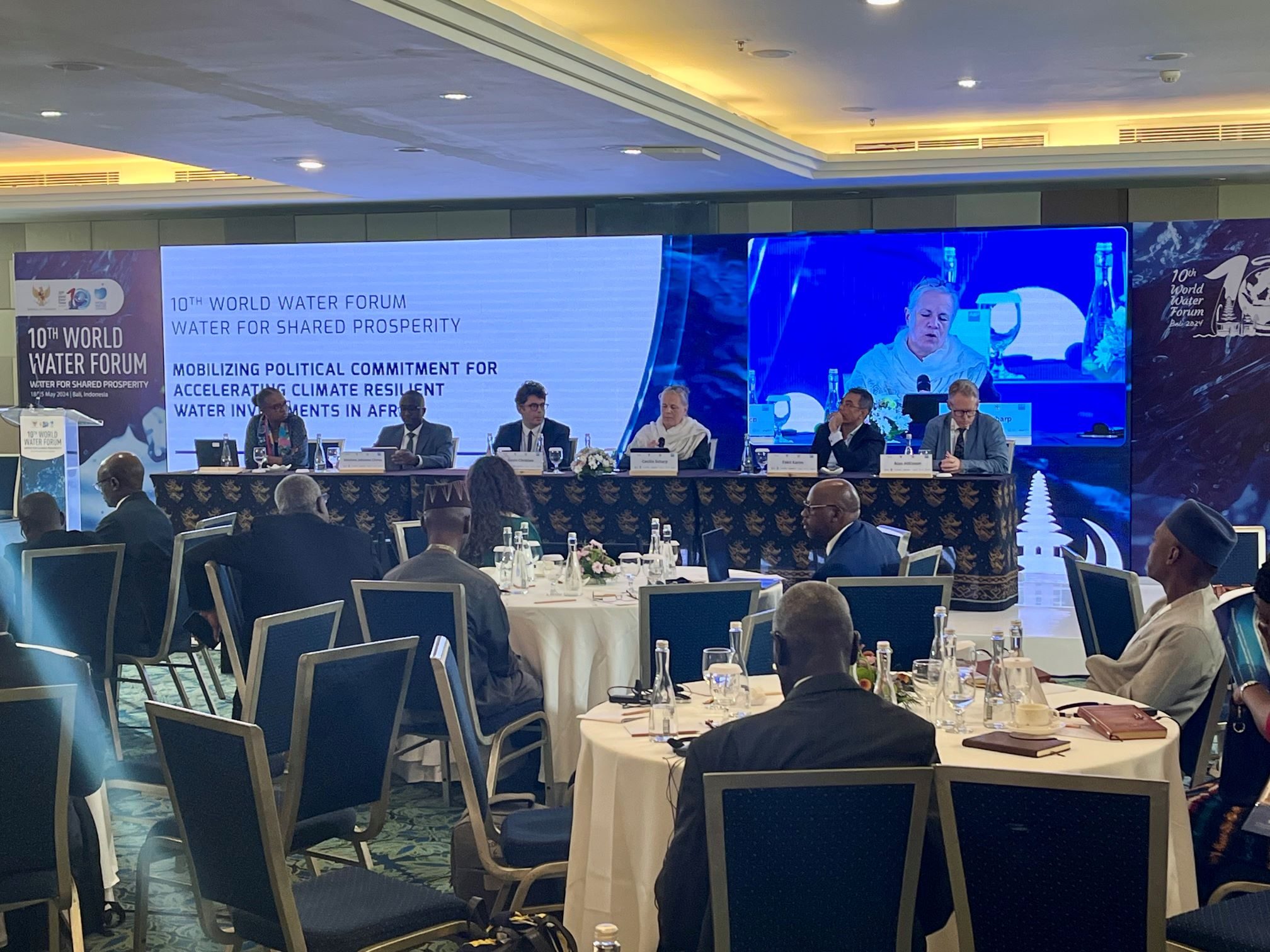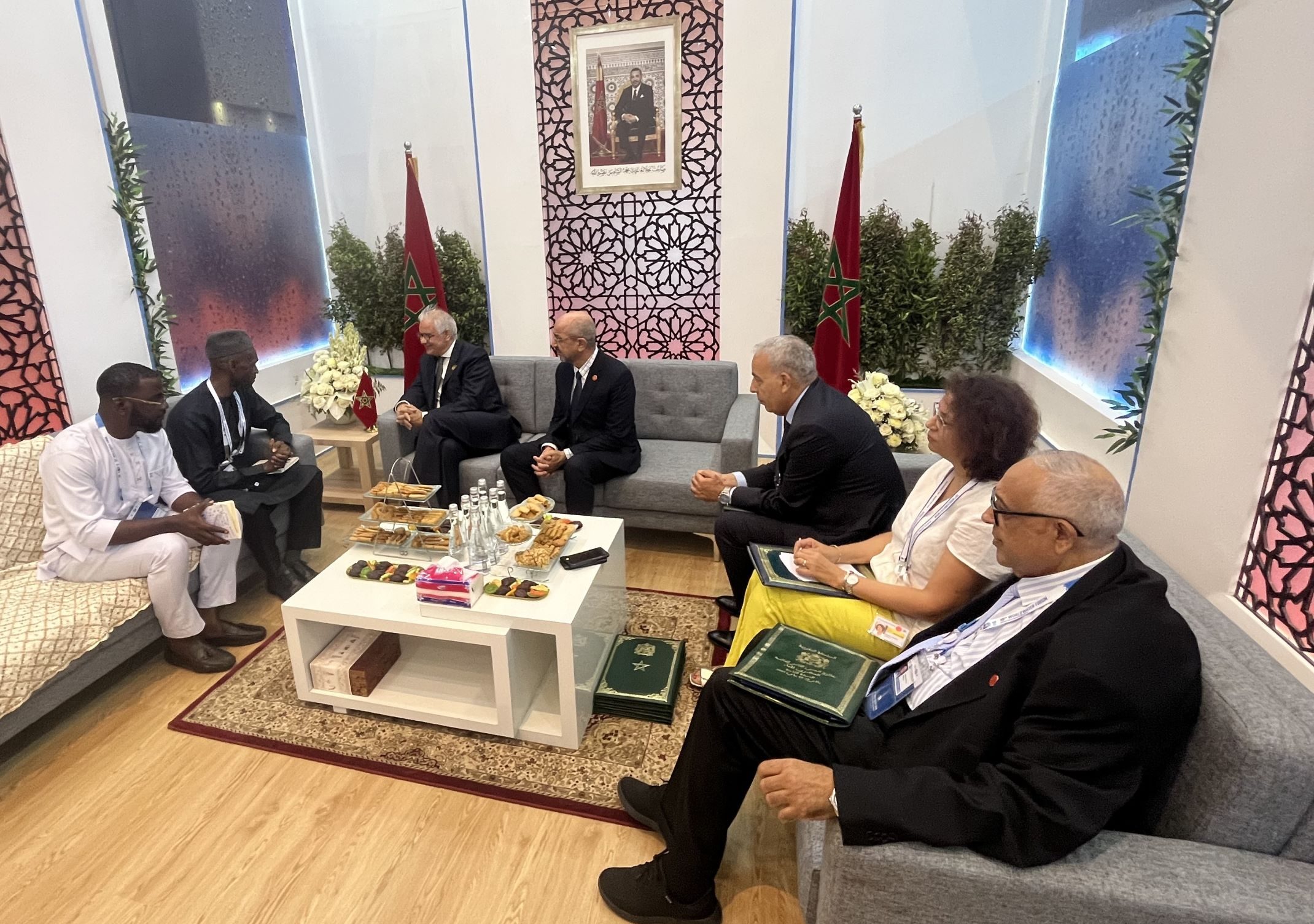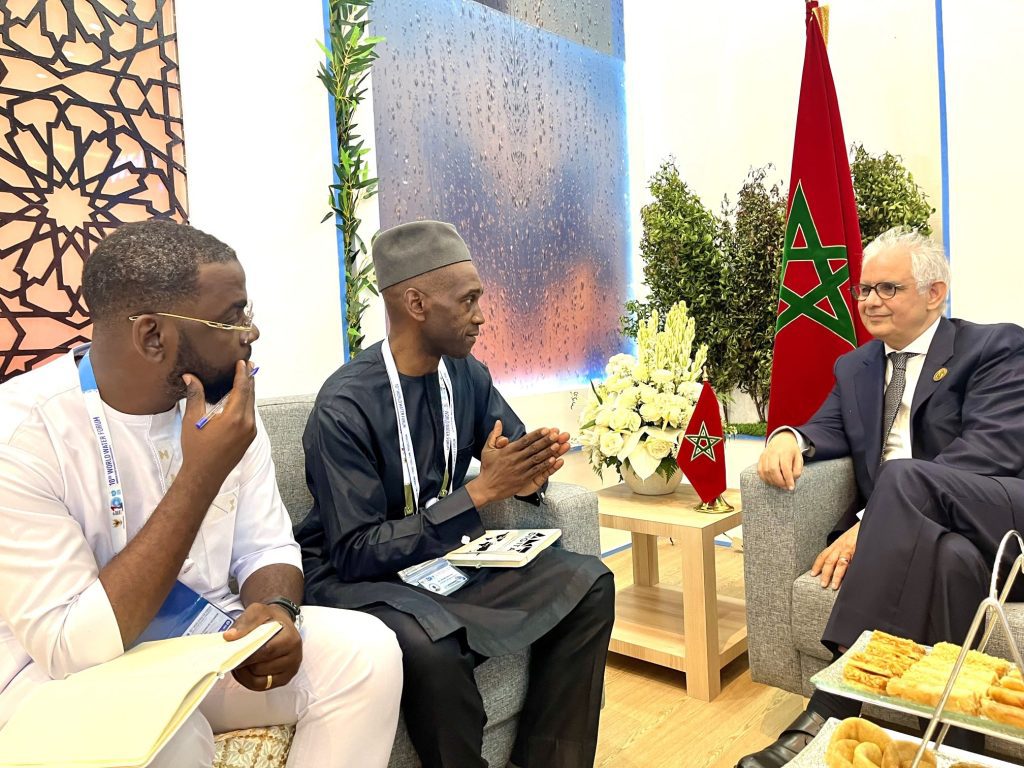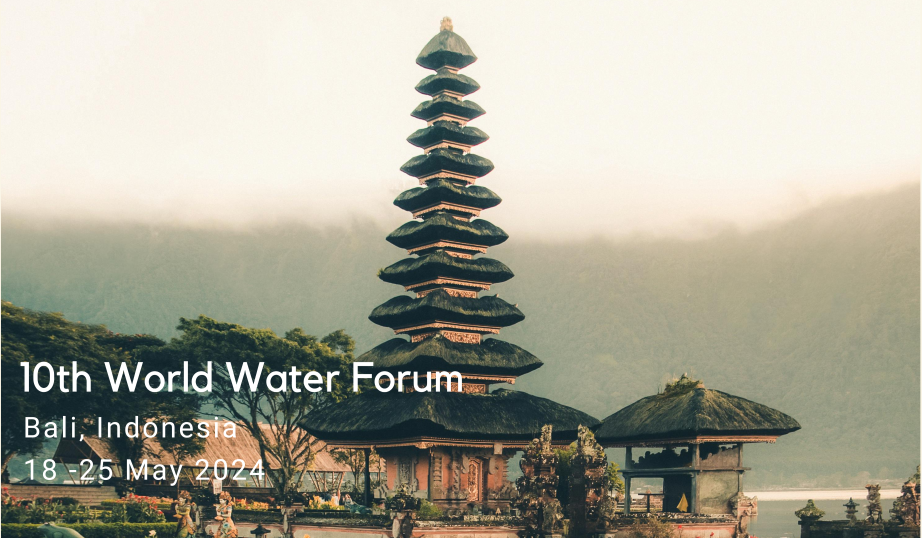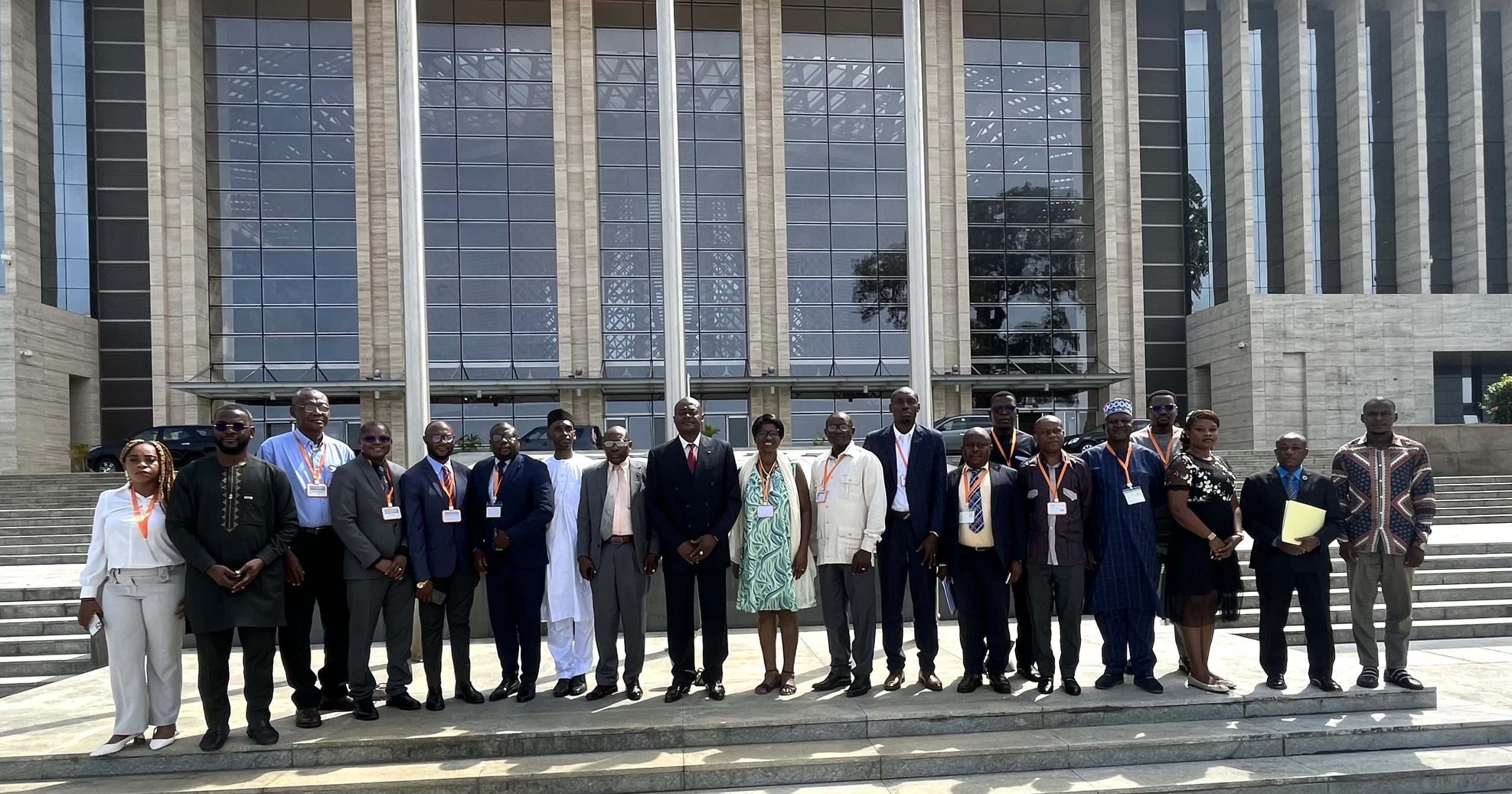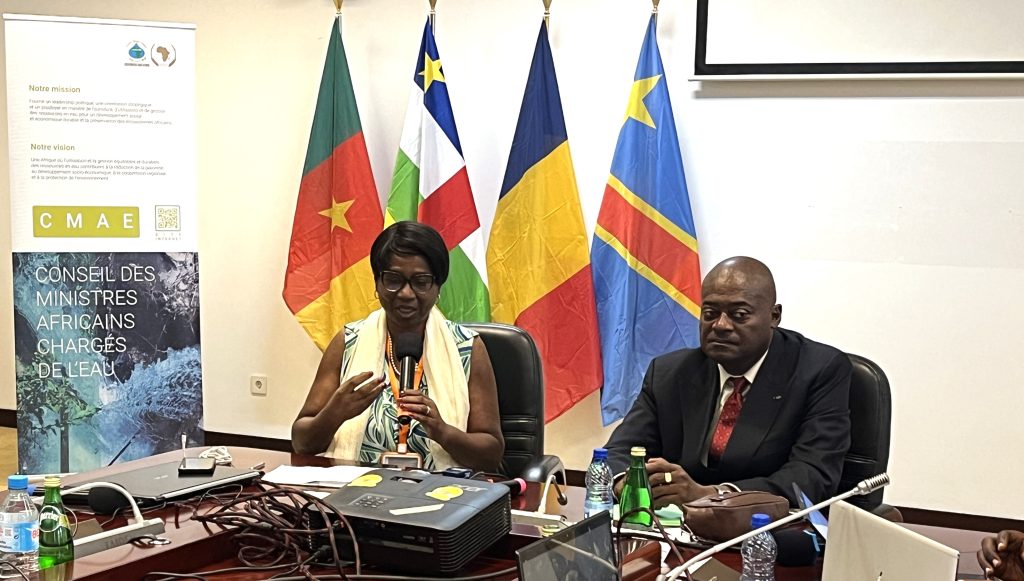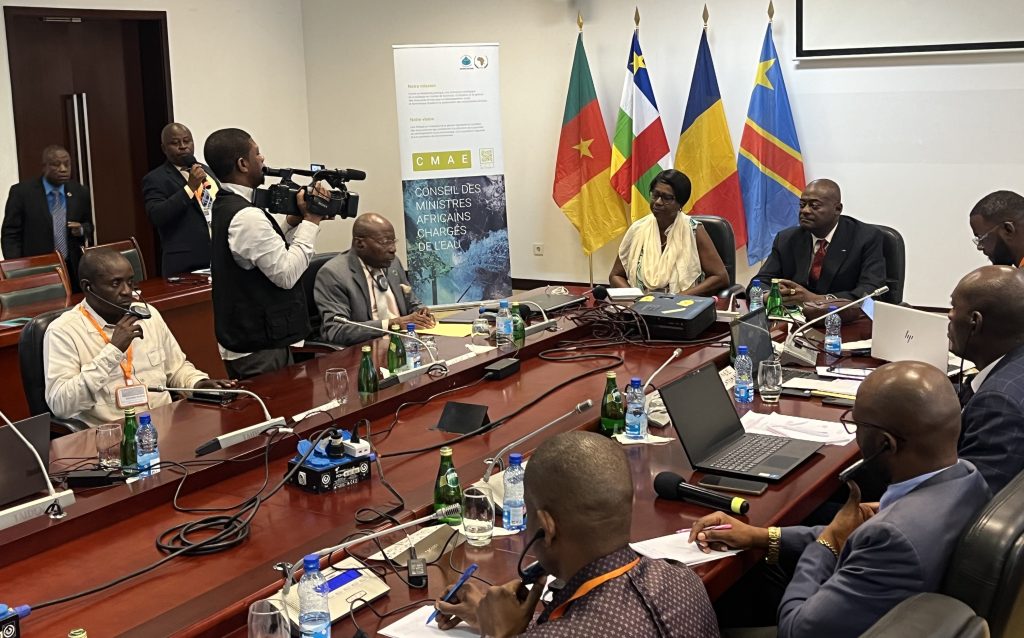10th May 2024
Background
The African Ministers’ Council on Water (AMCOW) has the primary mission of providing political leadership, policy direction and advocacy in the provision, use, and management of water resources for sustainable social and economic development and maintenance of African ecosystems. AMCOW serves as a delivery mechanism on water and sanitation to the Specialized Technical Committee (STC) on Agriculture, Rural Development, Water and Environment (ARDWE) of the African Union Commission. At the African Union Heads of State and Government Summit of July 2008, the African Minister’s Council on Water (AMCOW) was mandated to report annually on progress achieved in implementing the African Union (AU) commitments made in the 2008 Sharm El-Sheikh Commitments on water and sanitation, taking into account several international agreements including the Africa Water Vision 2025, the Africa Agenda 2063, as well as the global Sustainable Development Goals 6 (SDG-6) targets on clean water and sanitation.
In response to this directive, AMCOW in collaboration with the African Union Commission, and with financial support from Africa Water Facility (AWF) through the Africa Development Bank (AfDB), developed a web-based reporting system, the African Water and Sanitation Sector Monitoring and Reporting System (WASSMO) in October 2015: https://www.africawat-sanreports.org/Ui. This platform provides for reporting on water and sanitation sector indicators under seven themes: water infrastructure for growth; managing and protecting water resources; water supply, sanitation, hygiene, and wastewater; climate change and disaster risk reduction (DRR); governance and institutions; and financing.
To further enhance the WASSMO system’s efficacy, AMCOW is set to upgrade its capabilities by incorporating a new model for improving the tracking of indicators related to water and sanitation. The model, designed to better monitor decreasing and increasing indicators, is depicted as follows:
- For decreasing indicators:
t* = tLst + {LOG(Y*/YLst)} / {LOG(1+r-bar)}
- For increasing indicators:
t* = tLst + {Y* – YLst} / q-bar
Incorporating this model will allow for a more precise and nuanced understanding of the sector’s progress and challenges, ensuring that the system remains relevant and robust in the face of evolving sector dynamics.
This model integration initiative will be facilitated by the AMCOW M&E Team and the consultant who will assist in embedding the model into the online system, as part of AMCOW’s continuous efforts to improve data quality and reporting standards. The consultant’s role will be critical in ensuring that the WASSMO system is not only comprehensive but also capable of producing high-quality, actionable insights for policy-making and strategic planning. The AMCOW Secretariat is seeking a Data Analyst and Visualisation Consultant (DAVC) to support analysis, visualisation and to provide quality assurance checks on the data to produce the 2023 WASSMO report for high-level recommendations and decisions.
- Tasks and Responsibilities
Through a consultative and participatory process, the consultant will work with the AMCOW Secretariat to perform the following activities:
- Support the integration of the new model for tracking water and sanitation indicators into the WASSMO system, ensuring compatibility and functionality within the existing framework.
- Perform data validation and cleaning to ensure accuracy and reliability, following international data standards.
- Interpret data, analyse results using statistical techniques
- Develop and implement databases, data collection systems, data analytics and other strategies that optimize statistical efficiency and quality.
- Identify, analyse, and interpret trends or patterns in complex data sets
- Filter and “clean” data by reviewing computer reports, printouts
- Assist the team in improving and streamlining processes regarding data flow and data quality assurance checks to improve data accuracy, viability, and value.
- Support the delivery of analytics and reporting solutions using BI/Data Visualization software or others.
- Provide analysis presentation – A Data Analyst Consultant will present the findings of the WASSMO report to the AMCOW Secretariat.
Deliverables
- WASSMO/AFRICASAN data exploration, analysis and modelling performed on the database, resulting in a clean data set to inform the 2023 WASSMO report narrative.
- Any additional deliverables that are part of the WASSMO/AFRICASAN data analytics outputs (infographics, charts, etc.).
- The brief report with the highlights of the findings.
Qualification and Experience
- A minimum of master’s degree in management information systems, statistics, Business Intelligence, Computer Science, or Statistics is required.
- Relevant work experience as a data analyst or business data analyst and visualisation for both quantitative and qualitative data.
- Familiarity with the water and sanitation sector landscape.
- Ability to write a concise and clear analytical research report on the results of the WASSMO Member States’ data.
- Excellent command of written and spoken English. French will be an advantage.
Skills and Abilities
- Highly skilled in research and analysis: Very strong qualitative and analytic skills; keen attention to detail and data accuracy.
- Technical expertise regarding data models, database design development, data
- mining and segmentation techniques
- Knowledge of statistics and experience using statistical packages for analysing
- datasets (Excel, SPSS, SAS etc)
- Excellent communication skills: Strong knowledge of and experience with
- reporting packages (Business Objects etc), databases (SQL etc), and data
- visualization tools (Microsoft Power BI, Tableau, etc).
- Other: Demonstrated competence with using standard data software packages
- (MS Excel, MS Access, etc).
Contract Duration: The contract will be effective from the date of signing and will last for not more than 90 days.
Reporting language: English and French
Mode and Logistics: The consultancy service will be provided remotely.
How to Apply
Interested candidates who meet the required qualifications and experience are invited to submit:
- updated CV
- cover letter explaining their motivation and suitability for the assignment.
- 1 copy of previous work
- Budget
Interested applicants should submit their formal proposal and resume not later than May 27th, 2024 in English, addressed and email to:
The Executive Secretary
African Ministers’ Council on Water (AMCOW)
No. 11, T.Y. Danjuma Street, Asokoro District
Abuja, Nigeria.
Email: info@amcow-online.org
For more information, kindly refer to http://www.amcow-online.org Note: Female candidates with required qualifications are strongly encouraged to apply. Only shortlisted candidates will be contacted.
